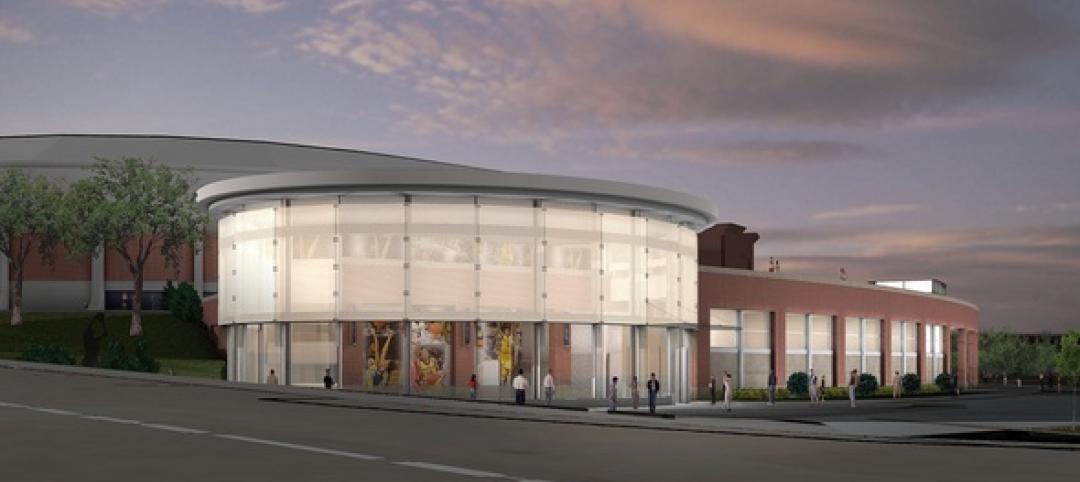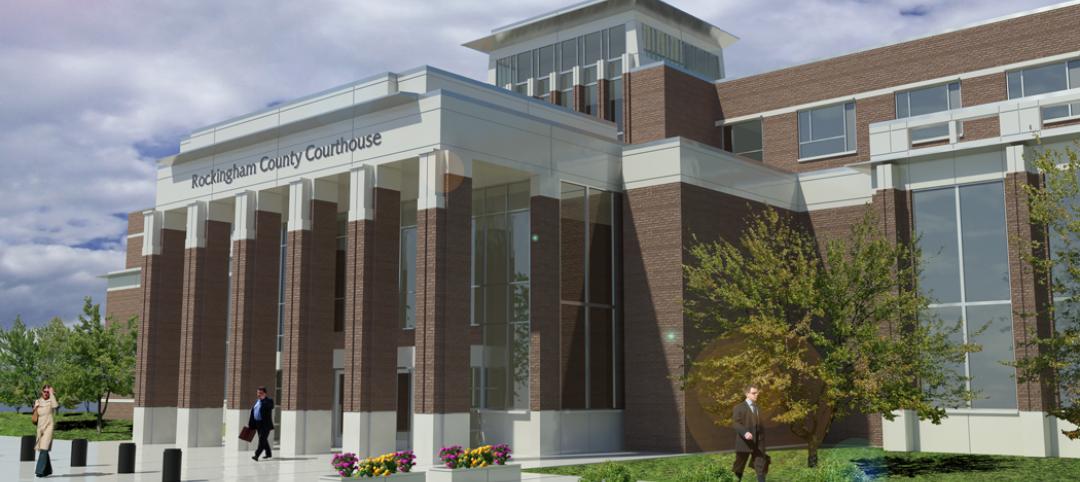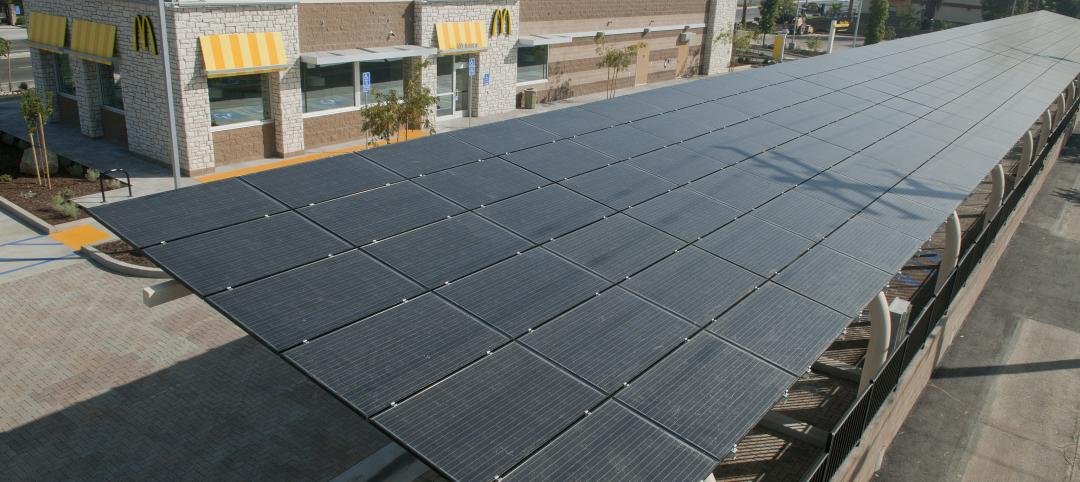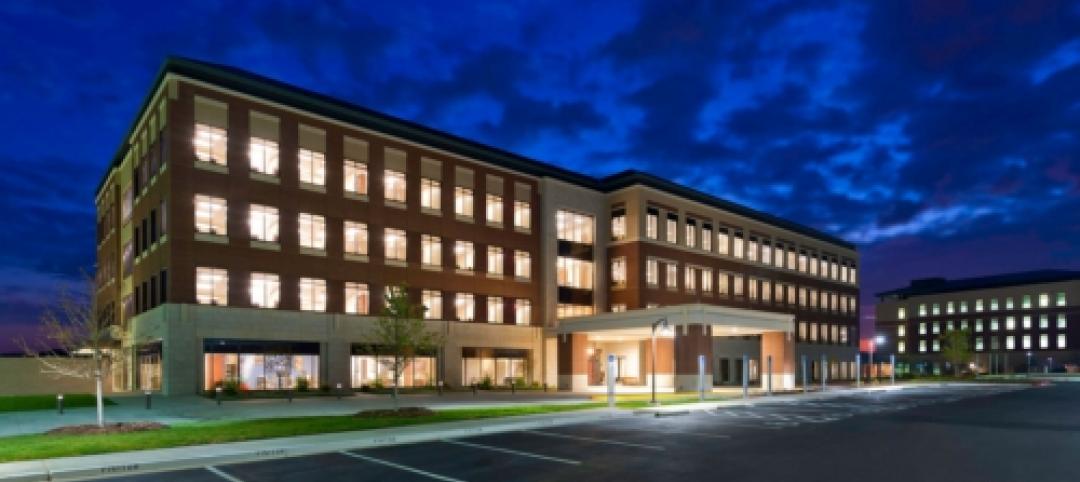With over fifty percent of the population already living in urban areas, cities must grapple with the potentially catastrophic effects of climate change (think: Superstorm Sandy in New York). In a new report, Jones Lang LaSalle (JLL) has identified steps cities can take to make their infrastructure more resilient to changing climate conditions.
“Cities can learn from each other in how to become resilient in the face of extreme weather events caused by climate change,” said Dan Probst, Chairman of Energy and Sustainability Services at JLL. “That means future-proofing every aspect of the city, including flood protection as sea levels rise, and rethinking infrastructure, electrical grids, food supplies, healthcare, telecommunications, transportation, water, waste management and more.”
The report, Global Sustainability Perspective, provides real-world examples of resiliency-building efforts in New York City and other major cities around the globe, focused on four themes: the importance of resiliency rising as population increases; flood protection; sustainable neighbourhoods; and inter-city idea exchange.
As the population increases, so must resiliency:
In most cases, the effects of the most catastrophic events can be curbed when cities increase the resiliency of their systems and infrastructure. To future-proof a city in this way, leaders can use The Rockefeller Foundation’s definition of urban resiliency as a roadmap. The foundation defines a resilient city as one with spare capacity and backups for key systems; flexibility to adapt and evolve as the climate changes; limited risk to contain the effects of an infrastructure system component failure; and rapid rebound following a disruption. By addressing these aspects of resiliency cities can mitigate the risks of natural disasters.
Flood prevention is population protection:
Discussions on future-proofing an urban environment cannot exclude the devastating effects of flooding, resulting from the many types of storms. A recent Nature Climate Change report predicts that the average worldwide cost of urban flooding will rise to US$60 billion in 2050 if cities invest in adaptation strategies—and as much as US$1 trillion if they do not.
Other ways cities are attacking flood prevention: Mumbai has deepened and widened its major rivers, built new pumping stations to discharge storm water to the sea, and installed flow gauges upriver to provide early flood warning. The Netherlands—long reliant on dikes, dams, locks and storm surge barriers—is allowing nature to reclaim some flood-prone areas, while Venice is constructing a movable tidal barrier system to close water inlets during high tides. Kuala Lumpur is investing more than US$645 million to construct a floodwater tunnel, flood retention ponds and a high-volume drainage system.
Sustainable neighborhoods are the backbone of resilient cities:
Micro-communities such as neighborhoods and districts can add huge impact – particularly in preparing for, and responding to climate change events. A new North American cities initiative, “2030 District,” is helping cities focus on geographically defined downtown areas and pursue district-wide targets for conserving energy and water and reducing vehicle emissions. The 2030 Districts are at the forefront of regional and national grassroots efforts to create strong environmental partnerships, coalitions and collaboration around ambitious, measurable goals at the local level.
Seattle, Los Angeles, Pittsburgh and Cleveland are among the participants to date, with nine other cities expected to join shortly.
Inter-city partnerships: sharing sustainability ideas drives resiliency:
Some cities are sharing knowledge to improve resiliency for all. The C40 Cities ClimateLeadership Group, for example, brings together city leaders to share best practices for sustainable action on climate change, such as car-free days and disclosure of buildings’ energy efficiency ratings. Another effort, the Better Buildings Partnership(BBP), creates partnerships between landlords, tenants, government leaders and sector partners to improve the sustainability performance of buildings. Sydney, London and Toronto are current participants, each benefiting from shared learnings about quantifiable actions toward greater resiliency and sustainability.
Related Stories
| Jan 24, 2012
Vyhanek joins Thornton Tomasetti’s Kansas City office
Vyhanek will assemble a new MEP team in the Midwest to support Building Performance and Property Loss Consulting practices.
| Jan 24, 2012
U of M installs new lighting at Crisler Player Development Center
Energy efficient lighting installed at PDC reduce costs and improves player performance.
| Jan 24, 2012
Rockingham County Judicial Center receives USGBC Gold NC v.2.2
The Rockingham facility is the first judicial center in North Carolina to seek certification from the U.S. Green Building Council’s LEED Building rating system.
| Jan 19, 2012
LEED puts the 'Gold' in Riverside golden arches
McDonald's restaurant recognized for significant energy savings.
| Jan 19, 2012
Odebrecht and Braskem bring sustainable award to U.S. university students
The Odebrecht Award for sustainable development rewards future leaders in engineering and chemistry.
| Jan 19, 2012
BOKA Powell-designed facility at Texas A&M Bryan campus
The new facility provides programs for the Texas A&M Health Science Center, the Texas Brain and Spine Institute, Mary Crowley Cancer Research Centers, and Blinn College Allied Health programs.
| Jan 17, 2012
SOM Chicago wins competition to design China's Suzhou Center
The 75-level building is designed to accommodate a complex mixed-use program including office, service apartments, hotel and retail on a 37,000 sm site.
| Jan 17, 2012
FxFowle and CO Architects form joint venture
FxFowle and CO Architects creates a dynamic alliance built on a shared dedication to collaboration in process, innovation in programming, and excellence in design.
| Jan 17, 2012
Capital Engineering joins AECOM
With 160 employees based in Taipei and Kaohsiung, CEC specializes in environmental, water, hydraulic and land development engineering consulting services for clients in Taiwan's public and private sectors.
| Jan 17, 2012
SOM launches Los Angeles design studio
Expert team to join the firm's West Coast practice, focusing on innovative urban and environmentally sustainable design in Southern California

















